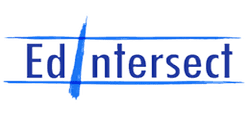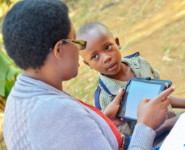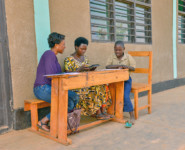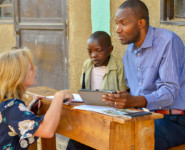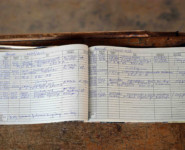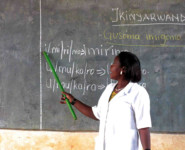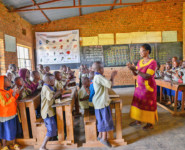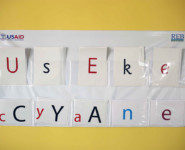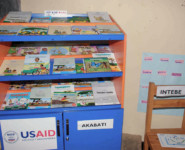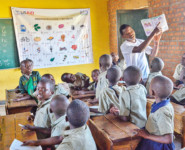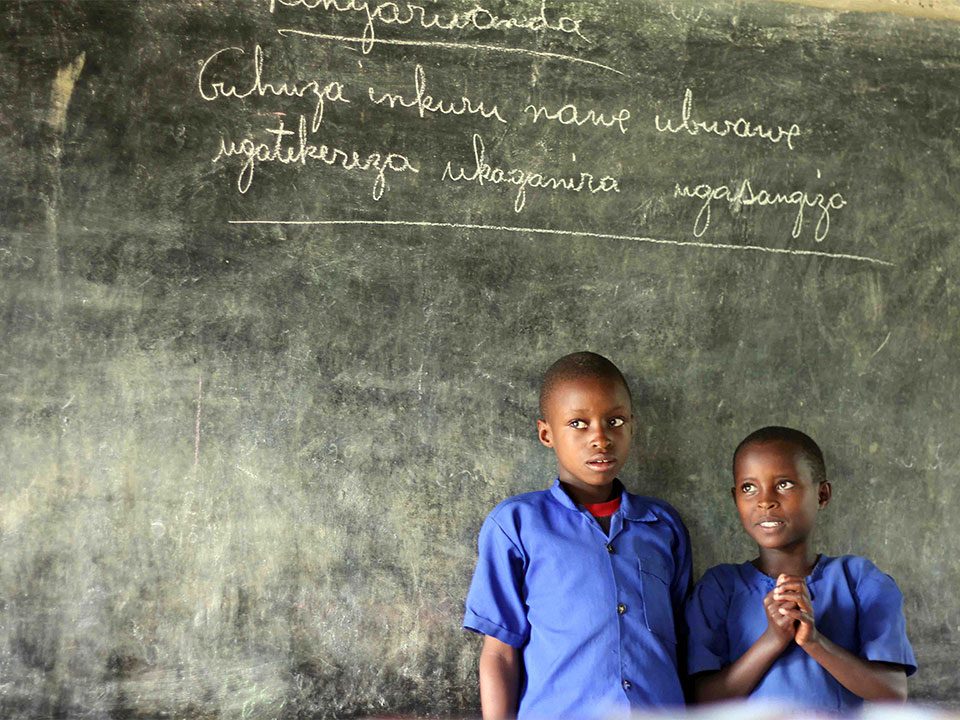
USAID Rwanda | Soma Umenye
September 2016 – November 2021
Soma Umenye (‘read and understand’) was a five-year USAID-funded activity, implemented by Chemonics International between 2016 and 2021, which aimed to improve reading outcomes in Kinyarwanda for more than 1 million children in public and government-aided schools in Rwanda. Covering all five provinces of Rwanda and working in close collaboration with the Rwanda Education Board and the Rwandan Ministry of Education, Soma Umenye contributed to Rwanda’s Education Sector Strategic Plan and the government of Rwanda’s national development priority of ensuring that Rwandan primary-grade students acquire the fundamental competency of literacy so that they can succeed in future schooling and, later, in the workplace.
EdIntersect took a lead role in administering a quality EGRA (Early Grade Reading Assessment) study on relevant years of the project. This role involved working collaboratively with government counterparts and the Soma Umenye monitoring, evaluation, research, and learning (MERL) team. EdIntersect led the research process, whose steps included: designing the sampling frame, training data collectors, organizing EGRA and SSME (Snapshot of School Management Effectiveness) instrument adaptation workshops, piloting instruments and conducting pilot data analysis, analyzing and reporting on the EGRA and SSME data, and organizing a results dissemination process. This role included the development of data collection systems using cost-effective applications of information and communications technologies (ICTs). EdIntersect also provided technical assistance to enact the Local Education Monitoring Approach (LEMA) for assessing early grade reading outcomes, and for the development and testing of the classroom observation tool and selected reading tasks. EdIntersect also provided expertise in analyzing school monitoring data as requested by the Soma Umenye MERL team and teacher training team.
At the close of the project, EdIntersect led an equating study to examine the differences in performance among students on EGRA, LEGRA, and LARS studies. The LEGRA (Local Early Grade Reading Assessment) tool had been used at the end of Terms 1, 2 and 3 to help teachers understand whether students were making progress towards end-of-term performance benchmarks. The LARS (Learning Achievement in Rwandan Schools) assessment was being used to measure student performance every two years. The EGRA (administered at the end of the year) was used in 2018 to set the baseline for Soma Umenye.
